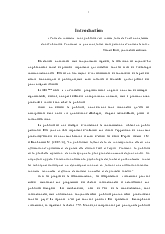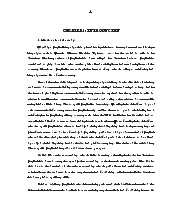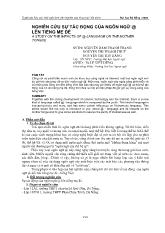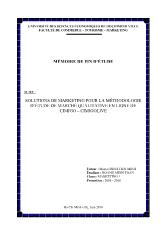Negative questions in english and vietnamese – A contrastive analysis
- Người chia sẻ : vtlong
- Số trang : 50 trang
- Lượt xem : 11
- Lượt tải : 500
Các file đính kèm theo tài liệu này
 Luanvan1.doc
Luanvan1.doc
- Tất cả luận văn được sưu tầm từ nhiều nguồn, chúng tôi không chịu trách nhiệm bản quyền nếu bạn sử dụng vào mục đích thương mại
Bạn đang xem trước 20 trang tài liệu Negative questions in english and vietnamese – A contrastive analysis, để xem tài liệu hoàn chỉnh bạn click vào nút DOWNLOAD LUẬN VĂN ở trên
English is not the most widely spoken language in the world in terms of the number of native speakers–there are many more Chinese speakers than native English speakers–but Chinese is spoken little outside of Chinese communities, so English is the most widespread language in the world. It is difficult to estimate exactly how many English speakers there are, but according to one estimate there are more than 350,000,000 native English speakers and more than 400,000,000 speakers of English as a second language (a language used in everyday life, even though it is not the native language) or foreign language (a language studied but not used much in everyday life).
However, even these numbers do not really indicate how important English is as a world language, because less than fifteen percent of the world population uses English. The importance of English is not just in how many people speak it but in what it is used for. English is the major language of news and information in the world. It is the language of business and government even in some countries where it is a minority language. It is the language of maritime communication and international air traffic control, and it is used even for internal air traffic control in countries where it is not a native language.
In communicative process in English as well as in other languages, questions play an important role in our daily life. We are not able to keep communicating going on well without asking questions. We ask in order to exchange information, ideas, feeling and knowledge. On the other hand, we sometimes ask questions not for the above purposes but for confirmation, refusal irony or reply avoidance. It is undeniable that questions can not be missed in communication. There are a lot of types of question in English but in this paper I would like to devote all my interest in English negative questions in order to get more understanding of this type of questions and we can be able to use it flexibly and fluently. The contrastive analysis of English and Vietnamese negative questions also reveals the similarities and differences in both languages. From my experience and knowledge, I will go deep into this matter in a hope of assisting to help people who are interested in the subject matter.




